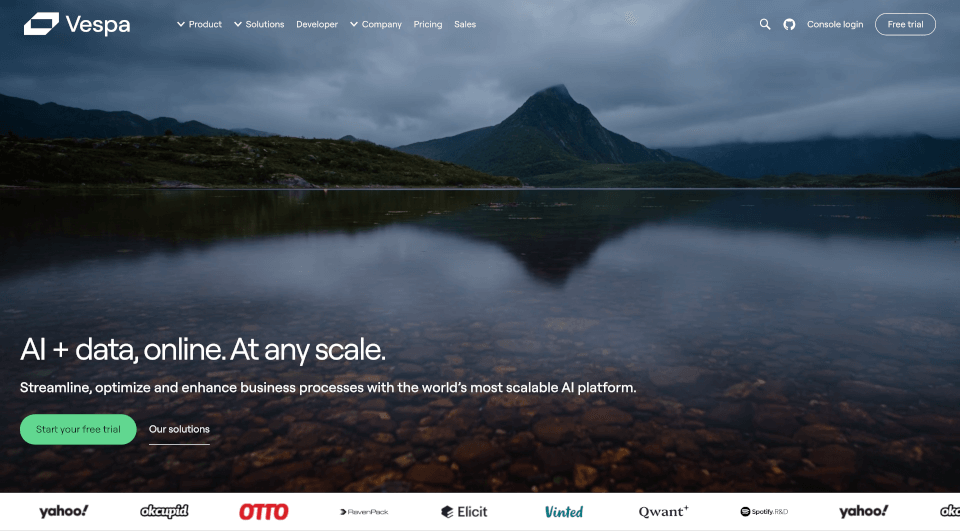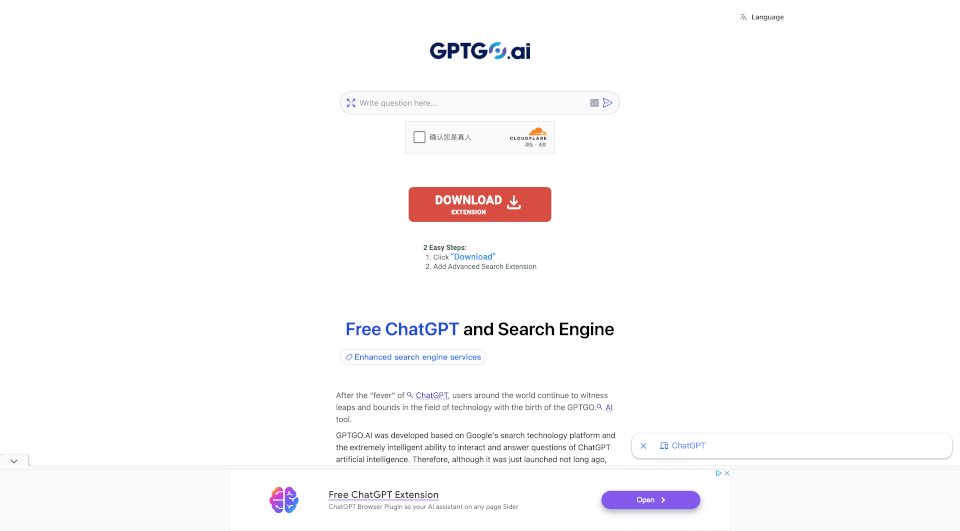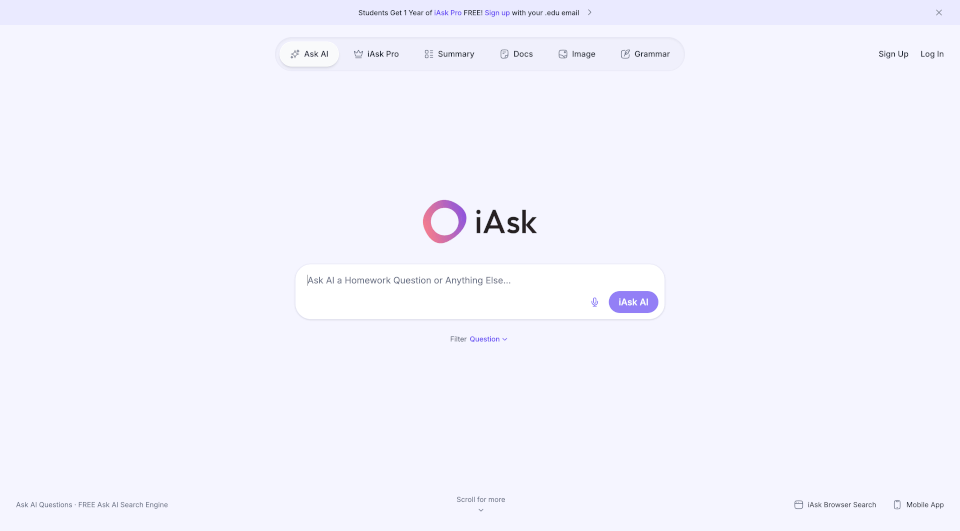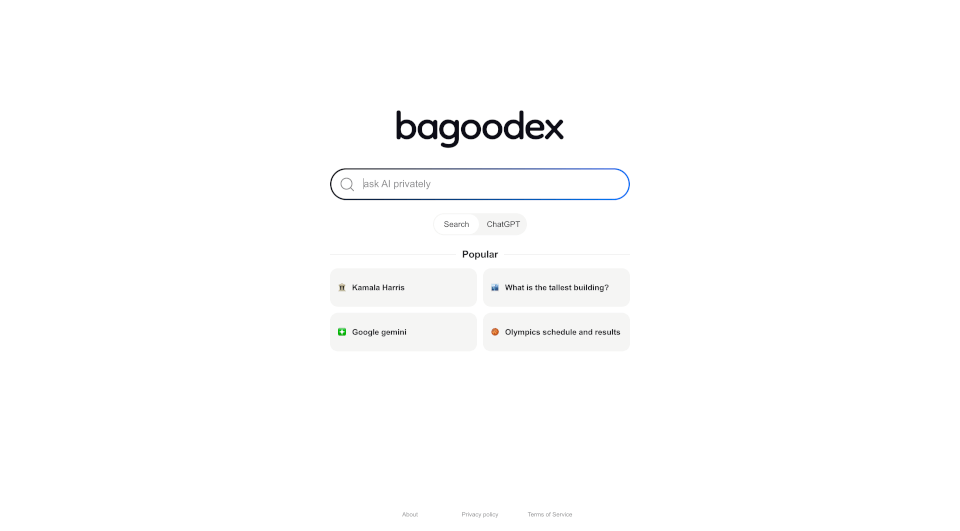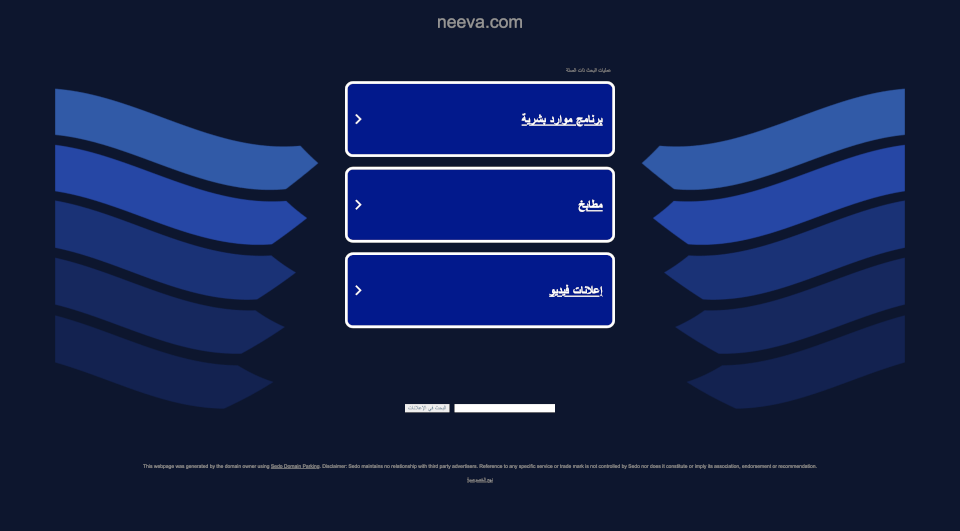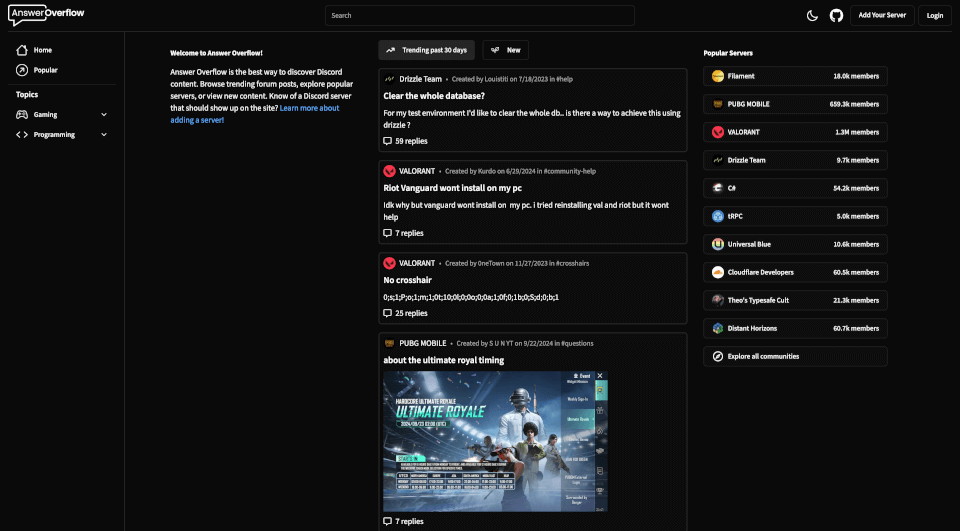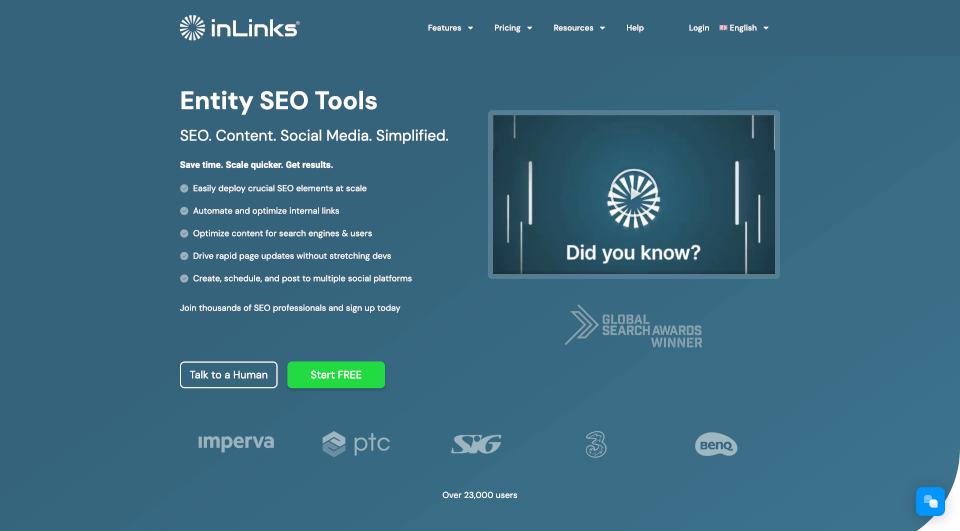What is Vespa?
Vespa.ai is the world's most scalable AI platform, designed for organizations looking to leverage data and AI at scale. With its advanced capabilities, Vespa enables businesses to compute over large datasets at millisecond latencies, transforming how data-driven applications are built and delivered. Whether it’s managing structured data or performing vector and text searches, Vespa stands out as a robust solution for today’s challenging data environments.
What are the features of Vespa?
Vespa boasts a comprehensive set of features that empower developers to build sophisticated applications that require rapid responses and intelligent data processing:
-
Vector, Text, and Structured Search: Vespa integrates various types of data, allowing for seamless querying of text, vectors, and structured elements simultaneously.
-
Distributed Machine-Learned Ranking: Leveraging machine learning models, Vespa enhances the relevance of search results and recommendations, ensuring users find exactly what they need.
-
Unbeatable Performance: The platform operates with latencies below 100 milliseconds, providing the level of responsiveness needed in high-demand environments like e-commerce and financial services.
-
Infinite Automated Scalability: Vespa handles billions of data items effortlessly, adjusting to fluctuating loads with ease, which is crucial for growing businesses.
-
Continuous Deployment & Upgrades: The platform supports continuous integration, allowing updates and improvements without downtime.
-
Fully Managed with Strong Security: Vespa prioritizes security while delivering a fully managed service that minimizes the burden on internal IT teams.
What are the characteristics of Vespa?
The unique characteristics of Vespa.AI make it stand out among AI platforms:
-
Hybrid Search Capabilities: Vespa's capability to perform both vector similarity matching and traditional keyword searches makes it incredibly versatile for various applications.
-
Streaming Search for Personal Data: This feature allows applications that deal with personal information to operate efficiently without traditional indexing, saving costs and improving performance.
-
Support for Real-Time Data: Vespa is built to handle continuously changing data, ensuring that applications reflect the most up-to-date information available.
What are the use cases of Vespa?
Vespa can be applied across various industries and use cases:
-
E-commerce: Businesses can utilize Vespa for personalization, search, and recommendation systems, ensuring customers receive tailored recommendations based on their behavior and preferences.
-
Generative AI: Combining Vespa's search capabilities with generative AI techniques can elevate the relevance and quality of the content produced, providing users with more valuable interactions.
-
Healthcare: In the healthcare sector, Vespa enables the processing of large datasets to improve patient care through enhanced data insights and personalized treatment recommendations.
-
Finance: Financial institutions can leverage Vespa to optimize search functions and recommendation systems, providing clients with insightful financial advice and timely information.
How to use Vespa?
Using Vespa involves a few key steps:
-
Trial and Insights: Begin by signing up for a free trial to explore Vespa’s capabilities firsthand.
-
Deployment: Utilize Vespa's developer resources to integrate the platform into your applications seamlessly.
-
Optimization: Take advantage of the hybrid search and machine-learning features to enhance user experiences and improve data-driven decision-making processes.
-
Feedback and Scaling: Continuously monitor application performance and user feedback to refine and scale your use of Vespa effectively.
